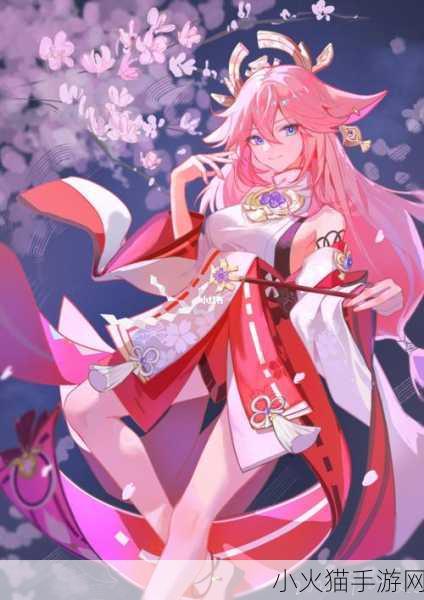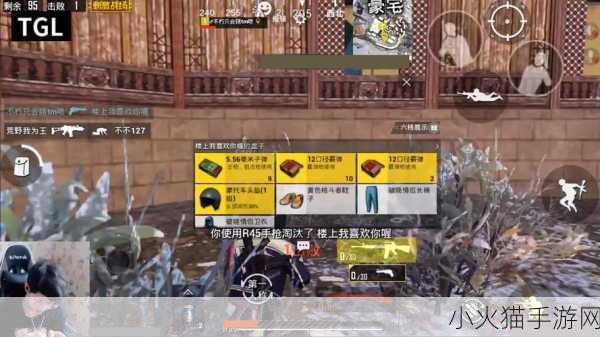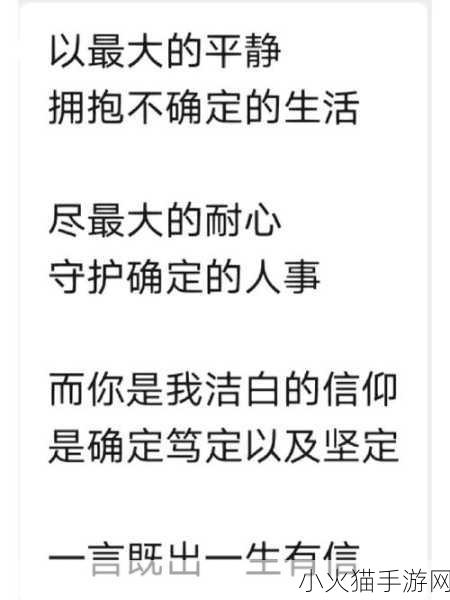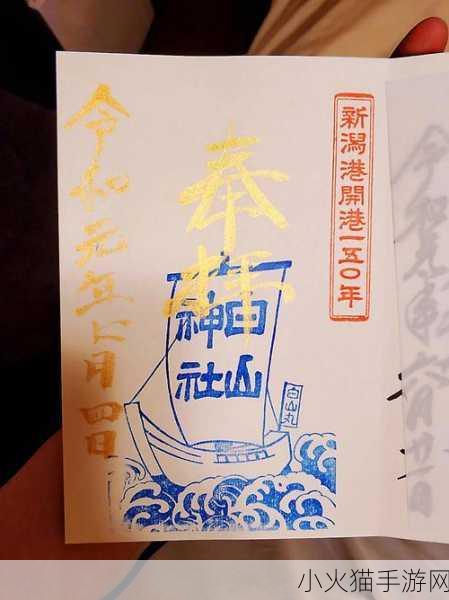日韩和的一区二区特色解析
日本与韩国在游戏行业内拥有独特的文化背景、市场结构及消费者偏好,这些因素共同影响了它们各自的发展方向。两国在设计理念、画风以及玩法机制上有着显著差异,吸引了不同类型的玩家群体。
艺术风格与视觉表现
日系游戏通常以精美细腻的手绘风格为主,角色设计往往强调可爱元素,例如大眼睛、小脸庞等。这一特点使得许多作品富有梦幻色彩,如《最终幻想》系列或《塞尔达传说》。而韩系游戏则更倾向于写实主义,以流畅的人物动作和绚丽的技能效果吸引玩家。例如,《英雄联盟》和《黑 Desert Online》等都是目前备受欢迎的代表作,其高质量图像渲染让人感受到极强代入感。

剧情深度与叙事方式
关于故事构建,日本开发者通常会选择复杂、多层次化的人物关系,并通过丰富对话展现角色内心,使得情节更加饱满。经典RPG如《女神转生》和部分恋爱模拟类游戏就展示出这一点。而韩国制作方注重快速推进剧情,多采用线性叙述方法,主要目标是保持紧张刺激,让玩家迅速进入战斗状态。《剑灵》便是其成功案例之一,通过简单明快的任务系统来强化用户体验。
社交互动模式
Korean games often emphasize competitive gameplay through PvP (Player versus Player) elements, creating a highly interactive environment. This is evident in MMORPGs where guilds and clans play crucial roles, fostering teamwork among players. Conversely, Japanese titles may incorporate social features but focus more on single-player narratives or cooperative modes that do not heavily rely on competition.
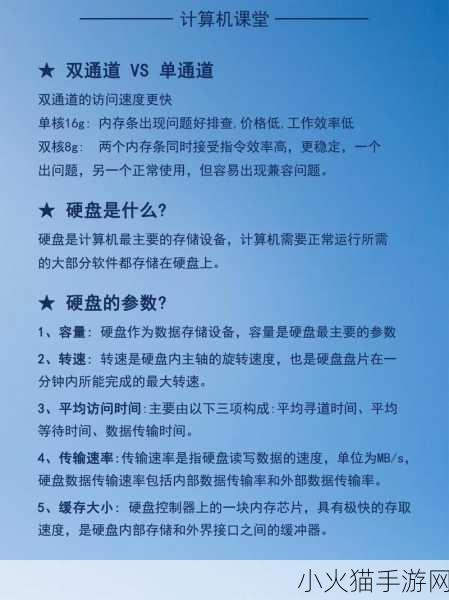
付费模式及盈利策略
This aspect showcases another disparity between the two markets. Japan has traditionally employed a premium pricing strategy for many of its console games; however, mobile gaming trends have shifted towards free-to-play models with microtransactions gaining traction over time. In contrast, Korea’s game developers are pioneers of the free-to-play model combined with extensive item shops to monetize their products effectively from day one.
User Engagement & Community Building
The engagement strategies differ significantly as well; Korean companies invest heavily in community management and esports events to cultivate an active user base around their games while encouraging ongoing participation. Fans gather at tournaments like GSL (Global StarCraft II League), which promotes both player skill and brand loyalty simultaneously. Meanwhile, Japanese counterparts might lean towards fan conventions such as Comiket that celebrate diverse forms of media culture including anime alongside gaming.
未来趋势预测与关注焦点
- - 增长中的跨平台合作机会将如何改变竞争形势?
- - 新兴技术(如云游戏平台)对日韩游戏产业带来的潜力分析。
- - 玩家社区对新型竞技赛事产生怎样的新期待?
